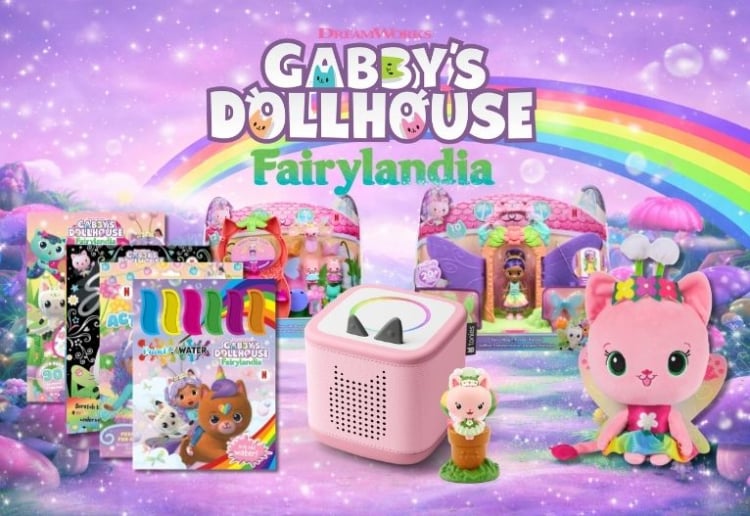Everything we do is based around FEELINGS! We watch a romantic movie because it makes us feel good. We buy a new dress because it makes us feel good. We hang out with friends because it makes us feel good. And our teenage children are no different.
Equally there are times when events cause negative feelings within us, which produce negative talk and sometimes undesirable behaviour. Teenagers will say “it doesn’t matter,” when it really does. They try to ignore the negativity hoping it will go away. They try to fight it, but don’t know how. They may get angry and spiral out of control, then are remorseful and feel even worse. They regret showing their emotions because they believe them to be a weakness. And sometimes parents can mistake these feelings for personality traits, instead of remembering that they are only a small part of who they are.
We have all at some time, given other people power over how we feel (he makes me mad!)
It is well documented that our thoughts around an external event, impact our feelings and it is these feelings that trigger the actions and language that follow. So if we want to behave well even when anxious or angry, we have to become aware of our thoughts and teach our teenagers to do the same. Easier said than done, I hear you say!
I have a tool to help you: An invisible remote control.
It is used to interrupt the negative thought pattern and introduce a positive trigger. I tell my brain to pause, reflect and even rewind when I feel a negative spiral taking over. Our thoughts whiz through our brains 24/7, like a movie on continual repeat and most of us are not even aware that these thought patterns are happening. One way to check yours out is to ask yourself:
What genre of movie do I constantly play in my mind?
Is my movie a comedy that makes me laugh, a romance that elicits feelings of love, a thriller to keep me on my toes or a horror movie that keeps me awake at night?
Do I enjoy this movie? Does it make me FEEL good? If not, all you have to do is switch to another channel.
You are in control. It is your choice. You hold the remote.
Teenagers benefit from doing this too. It is important for them to learn that they have a choice about how they react to an event even if they don’t have power to change the event itself.
Training the brain to focus on something that brings a sense of peace and satisfaction is important, maybe watching a documentary about the wonders of our planet or listening to some soothing music. When feeling overwhelmed or tired choose to switch your mind off. Press the stop button on your remote control (positive trigger) and do something to quiet the mind’s chatter ie: meditation/mindfulness. If you are in the middle of an argument and your feelings are screaming with frustration, press the pause button, take a few deep breaths, say excuse me and walk away or calmly tell the person you will continue the conversation later. That way you give yourself the space you need to think through the response you really want to give, in a way that will leave you feeling good.
If there are negative habits/thoughts/behaviours in your movie, you can rewind and delete this content. These clips do not have to be part of your future. The future chapters of your life are currently blank and you are the author, the producer and the director. Have fun, fast forward your movie to the future and put positive triggers in. Teach your teens to do the same, for example: when he/she is stressed about exams one scene of the movie could be him/her receiving a certificate, hearing applause and shouting I DID IT!
Science has proven that our subconscious mind (the go getter) does not know the difference between what is real and what is not, it only knows to search for what you tell it – so be careful what you wish for.
SHARE your thoughts with us in the comments below.
Main image source: Shutterstock





















7:43 am
3:00 pm
1:08 pm
11:23 am
2:01 pm
-

-
-
mom181507 replied
- 01 Aug 2016 , 7:03 pm
Reply10:33 am
10:02 pm
-

-
-
mom181507 replied
- 23 Jul 2016 , 10:58 am
Reply7:44 am
-

-
-
mom181507 replied
- 23 Jul 2016 , 10:59 am
Reply11:37 pm
-

-
-
mom181507 replied
- 23 Jul 2016 , 11:00 am
Reply9:55 pm
-

-
-
mom90758 replied
- 21 Jul 2016 , 5:19 pm
-

-
-
june11 replied
- 22 Jul 2016 , 7:13 pm
Reply8:33 pm
-

-
-
mom181507 replied
- 23 Jul 2016 , 11:11 am
Reply8:19 pm
-

-
-
mom181507 replied
- 23 Jul 2016 , 11:12 am
Reply4:14 pm
2:43 pm
2:31 pm
1:45 pm
- 1
- 2
- »
Post a commentTo post a review/comment please join us or login so we can allocate your points.